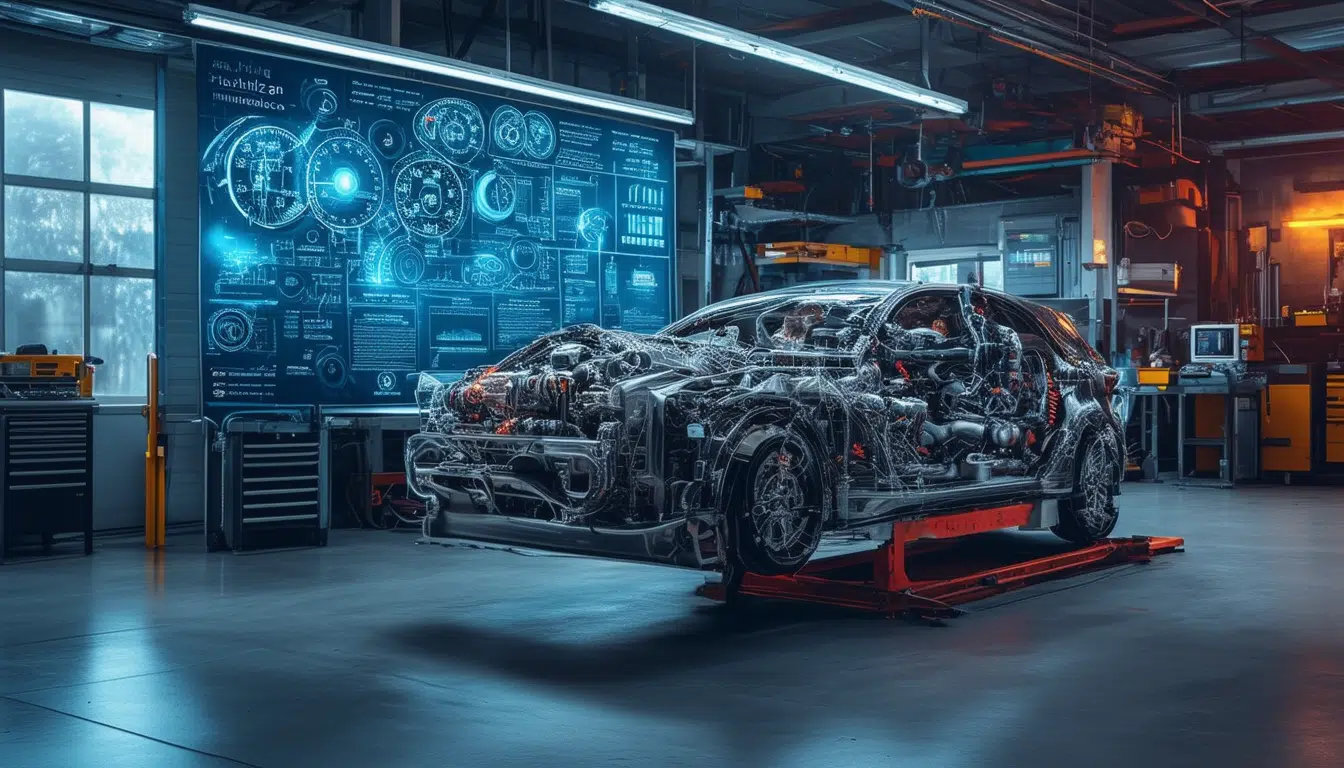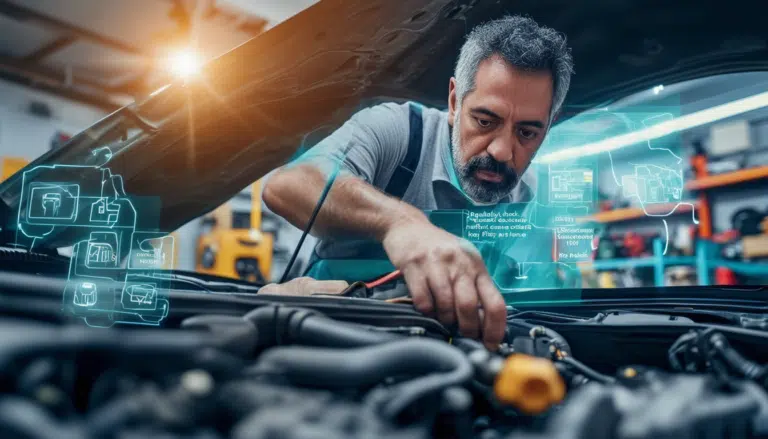The science behind maintenance and fuel savings

The proper maintenance of vehicles is crucial not only to ensure their performance but also to guarantee a significant fuel savings. The science underlying these technical processes is based on understanding how each component of the vehicle influences its energy efficiency. For example, the condition of the tires, the injection system, and the engine play an essential role in the amount of fuel used. Implementing preventive maintenance practices and adopting efficient driving habits can result in a noticeable reduction in fuel expenditure, benefiting both the vehicle owner and the environment.
The proper maintenance of vehicles is essential not only to ensure their optimal functioning but also to reduce fuel expenses. Through various practices and understanding of energy efficiency, strategies can be implemented that not only benefit the owner’s economy but also reduce the environmental impact. Below, we will explore how maintenance and fuel savings are intrinsically related.
Impact of Vehicle Maintenance on Consumption
The overall condition of a vehicle directly affects its fuel performance. Some critical elements to consider include the tires, which must be properly inflated to minimize rolling resistance. Tires with low pressure can increase fuel consumption by up to 3%. Additionally, the maintenance of the engine and other systems, such as the injection system, are fundamental to maximizing energy efficiency.
The Importance of Preventive Maintenance
Implementing a preventive maintenance program is essential to achieve significant fuel savings. This approach helps identify problems before they turn into costly failures. According to studies, neglecting maintenance can increase fuel consumption by up to 2%. Periodic reviews of the fuel system and filtering are recommended practices that contribute to better efficiency.
The Connection Between Fuel Consumption and Engine Condition
A well-maintained engine can minimize excessive fuel consumption. This includes regular oil changes, as well as cleaning or replacing the air and fuel filters. An efficient engine can make a difference in the operating costs of the vehicle, and it is advisable to consider the relationship between transmission maintenance and fuel consumption, as both are directly related. For more details, you can refer to this source.
Practices That Optimize Fuel Performance
There are multiple maintenance strategies that contribute to fuel savings. A simple practice is to keep the tires in good condition, as this not only prevents premature wear but also optimizes consumption. Additionally, using high-quality fuels and cleaning the injection system are vital for maintaining optimal efficiency levels in fuel consumption.
Common Mistakes That Increase Fuel Expenditure
Some maintenance errors can lead to excessive fuel expenditure. For example, forgetting to check the air conditioning system can increase consumption. Similarly, not checking oil levels and the condition of the air filters can cause the engine to work harder than necessary, which in turn increases energy expenditure.
Environmental and Economic Benefits of Fuel Savings
Apart from the economic advantages, fuel savings have a positive impact on the environment. Every liter of fuel saved helps reduce emissions of polluting gases that affect air quality. Implementing good maintenance practices not only benefits the driver’s wallet but also contributes to environmental sustainability.
Shift Towards Alternative Fuels
The use of biodiesel instead of fossil fuels is a growing trend that promises to reduce environmental impact. These more eco-friendly fuels can be a viable alternative for those looking to improve energy efficiency and minimize costs in their vehicles. For more information on this option, it is recommended to visit this page.
Conclusions on Vehicle Care and Its Economy
Finally, the science behind maintenance and fuel savings is vast and multifaceted. From small adjustments in daily maintenance to the choice of suitable fuels, every decision counts. Drivers who adopt a proactive approach to caring for their vehicles not only achieve tangible savings but also contribute to a more sustainable future.
Proper maintenance of vehicles plays a crucial role in fuel efficiency. As automotive technology advances, it has been shown that certain mechanical factors, such as the quality of the injection system and the condition of the tires, can significantly influence gasoline consumption. The science behind these interactions reveals that a well-maintained car not only optimizes its performance but also contributes to less wear and greater durability.
To maximize fuel efficiency, it is essential to pay attention to the smallest details. Regular maintenance of air and fuel filters, as well as calibration of electrical systems, translates into better combustion and, consequently, notable savings in fuel costs. Studies show that preventive maintenance can reduce gasoline consumption by 2%, considering that poorly maintained vehicles require more effort from the engine, leading to increased consumption.
Furthermore, driving style is also linked to fuel economy. Techniques such as smooth acceleration and reducing speed are practices that, although simple, generate a significant impact on the amount of fuel used. Considering that every driver has the power to modify their habits, education and awareness about the importance of maintenance become essential.
Finally, adopting a comprehensive approach to vehicle maintenance, combining administrative and operational measures, can result in substantial fuel savings while promoting a cleaner and more sustainable environment. Thus, the science behind vehicle maintenance emerges as an ally in the fight for energy sustainability and cost reduction.





